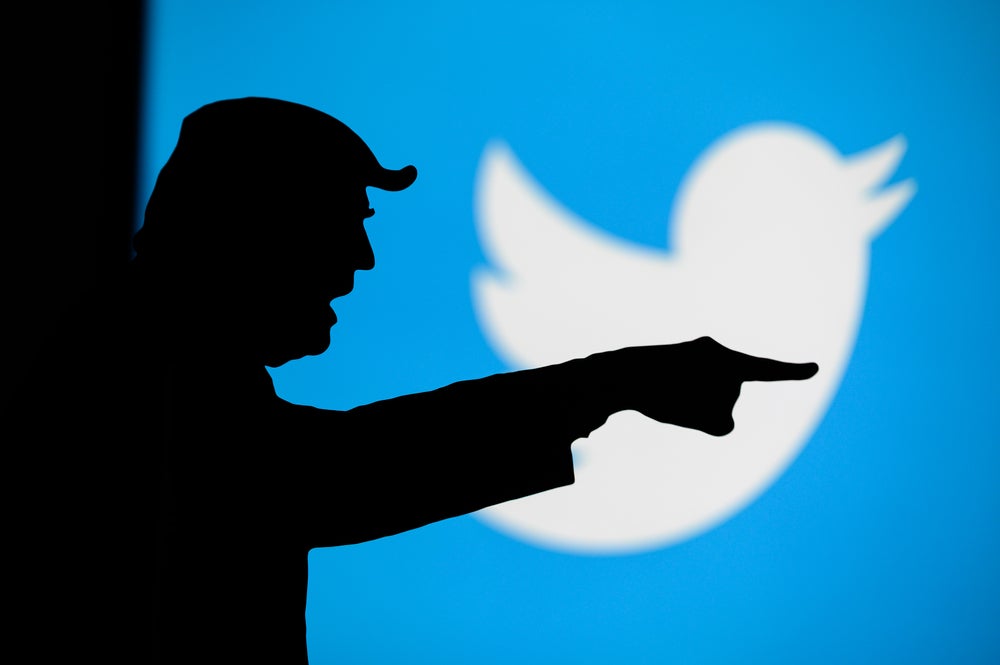
A Republican-held Senate and diminishing antipathy to Big Tech will temper Joe Biden’s promised legislative initiatives and regulatory and antitrust policies.
While many are breathing sighs of relief at the apparent end to four years of Donald Trump’s US presidency, and looking forward to the prospect of stable, rational government and an effective coronavirus strategy. Yet business in general, and the tech industry in particular, will be well aware of the weakness of Joe Biden’s election.
The much-discussed “blue wave” did not materialize. Trump drew nearly half the vote and has still not conceded. He will likely continue to lob daily Twitter bombs at his opponent, seeking to undermine his legitimacy. The Democrats lost several House seats but kept their majority. They did not capture the Senate, though undecided races could still deliver that result.
There is a substantial prospect of four years of division and distraction that will block Biden’s agenda. Before he has even taken office, there are warning signs of what lies ahead. US financial markets rose sharply in the week after the election. However, Monday’s sharp gains were tempered later in the day, when it became clear that any Covid-19 relief package would be modest.
Struggles ahead for Biden
When he does move into the White House, Biden will struggle to appoint his first choice of Attorney General, the Secretaries of Commerce and the Treasury, and the heads of the Consumer Financial Protection Bureau and Federal Communications Commission. Such appointments require confirmation by the US Senate, so his nominees will be more moderate than if the Democrats had Senate control.
For example, a Republican Senate will likely thwart a cabinet appointment for Elizabeth Warren, whose aggressive calls to break up the social media companies are well known.
How well do you really know your competitors?
Access the most comprehensive Company Profiles on the market, powered by GlobalData. Save hours of research. Gain competitive edge.

Thank you!
Your download email will arrive shortly
Not ready to buy yet? Download a free sample
We are confident about the unique quality of our Company Profiles. However, we want you to make the most beneficial decision for your business, so we offer a free sample that you can download by submitting the below form
By GlobalDataThe next problem for Biden is his legislative agenda. Assuming Republican control of the Senate, the Majority Leader will be Mitch McConnell. He is known more for blocking legislation than for enacting it. McConnell denied the previous Democratic president, Barack Obama, major legislative victories after the landmark Affordable Care Act. While some Republican Senators may collaborate with Democrats on particular issues, McConnell will do his utmost to deny Biden any major victory, even on issues with broad public support. This includes any significant action that affects the technology industry.
Big Tech changes may be slow
The Department of Justice (DoJ) recently filed a major antitrust case against Google, but William Barr’s DoJ is widely viewed as highly partisan. Biden’s DoJ will closely review any action begun under Barr before deciding whether to pursue it, so it’s not a given that this case will proceed. Biden is somewhat vague on antitrust. He hasn’t called for tech giants to be broken up, but he has promised to work with a Democratic representative who recommended overhauling antitrust laws after several of the largest tech companies were found to have engaged in monopoly-style tactics.
Recently, public sentiment has swung against Big Tech, supporting regulation or breakup. This has been partly fueled by conservative complaints that the tech industry displays anti-conservative bias. That view will diminish in a Democratic administration.
A stronger driver of anti-tech sentiment was Facebook and Twitter’s hands-off attitude, which enabled the huge disinformation campaign in the run-up to Trump’s 2016 election.
In 2020, disinformation seems to have played a much smaller role. Facebook and Twitter proactively removed fake accounts and groups, reviewed content for accuracy, and labeled false posts. Twitter banned political advertising in October 2019, though Facebook refused to follow suit. While Google-owned YouTube did little, Facebook and Twitter might have defused negative public sentiment and quieted calls for tighter regulation or breakup.
Replacing Donald Trump with Joe Biden is a major change to the world order. However, the Big Tech near-term consequence – legislation and antitrust enforcement – is a divided government that can only enact incremental change rather than rapid and sweeping reform.






Related Company Profiles
Meta Platforms Inc
Google LLC